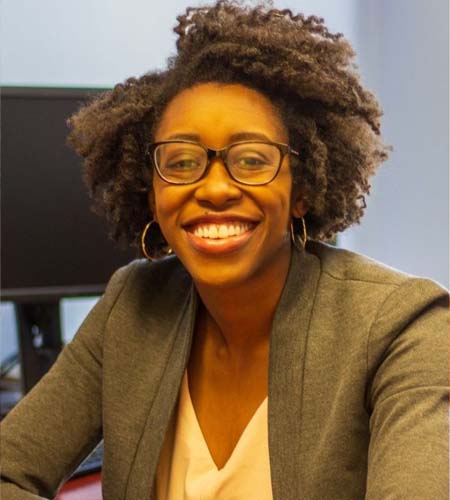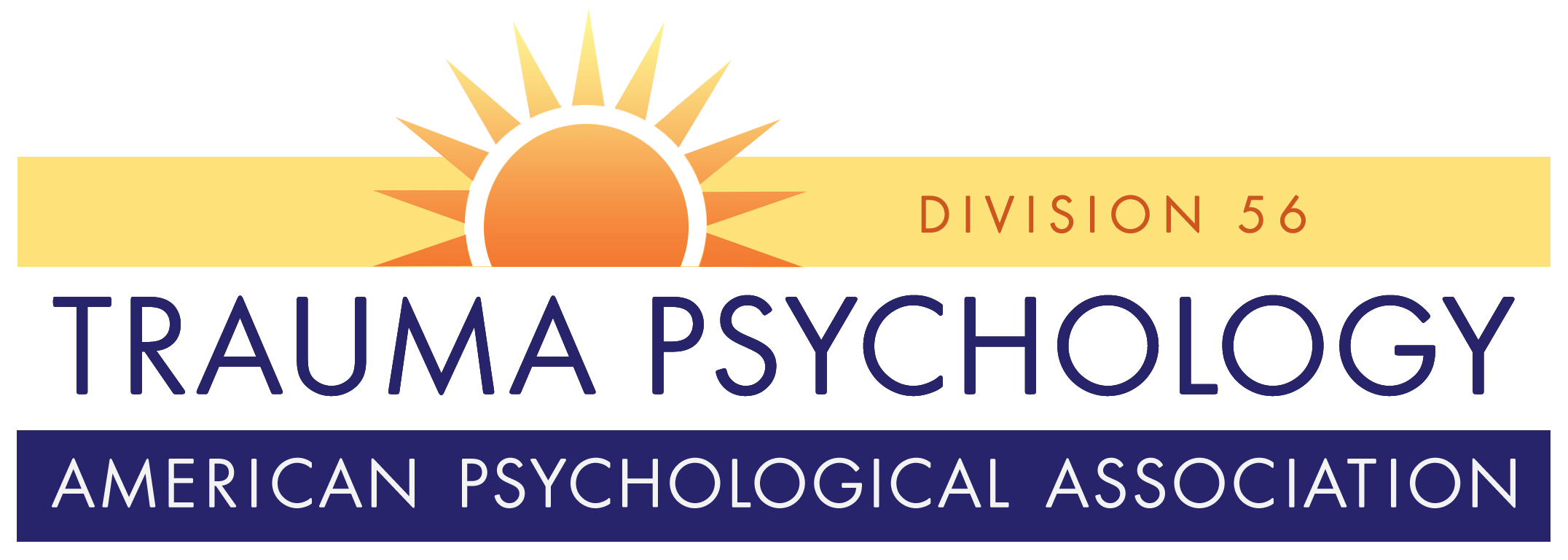Issue Archive
Who’s Who – Sierra Carter

SIerra Carter
she/her/hers
Assistant Professor, Clinical and Community Psychology, George State University
Adjunct Faculty , School of Medicine, Emory University
Visiting Faculty Fellow, Center for Interdisciplinary Research on AIDS, School of Public Health, Yale University
Formal education
- Postdoc, Grady Trauma Project, Emory University, 2016-18
- PhD, Clinical Psychology, Georgia State University, 2016
- BS, Psychology w/Social & Economic Justice minor, University of North Carolina at Chapel Hill
Self-care activities: Reality TV show watching, hiking and exercising, reading for fun, and food & family combo activities
Areas of expertise/interests:
Racial health inequities & the promotion of health equity. I investigate how psychosocial and contextual stressors can affect both mental & physical health outcomes for marginalized populations, with an emphasis on Black American populations.
What led you to this Field and career path?
When I was an undergraduate, I took a course in African American Psychology that changed my thoughts on what I could do with a degree in psychology. At the time, I did not feel like I had much coursework that discussed studies that focused on people that looked like me. In this course I learned about health disparities that African Americans continuously faced as well as culturally-grounded factors (i.e. racial identity, racial socialization) that I discussed with my family members regularly. I realized then that this area of research drew me in and was invigorating to me.
What is the most interesting thing that you have learned in your career?
How impactful and powerful listening to people’s life stories are to understanding trauma effects for marginalized and disenfranchised groups. I often find it interesting from interviews and focus groups, particularly surrounding areas of oppression and social justice, that we, as scholars, often miss the mark on contextualizing and understanding lived experiences in treatment and research.
What have been the biggest changes in your field since you have started?
Change might be a strong word, but when I first started studying racism and racial trauma as an undergraduate it was not a “hot topic”; actually quite the opposite. So it has been a hopeful shift in the last couple of years due to societal reckonings with racial injustices that the field of racial trauma and race-related traumatic stress has gained increased attention in the field of trauma psychology.
How do you keep your life in balance?
This is something I actively have to work at constantly as an early career scholar on the tenure-track. One thing I do is build in family, life, friendship, and fun into my daily schedule so that time is blocked off for these things that I value often above work. Therefore, I do not feel as bad saying no to some work-related things because they just do not fit into my schedule.
How do you avoid burnout?
I try to promote a space of gratitude in both my profession and family life. Although I still burnout, I work on trying to be in spaces that primarily bring me joy and/or in alignment with my values of promoting societal change. Therefore, my days can often include hearing about really difficult trauma experiences, it also often includes stories of triumph, love, and strength. I think that helps me continue in my area of focus.
What advice would you give to someone starting out in your field?
I try to promote a space of gratitude in both my profession and family life. Although I still burnout, I work on trying to be in spaces that primarily bring me joy and/or in alignment with my values of promoting societal change. Therefore, my days can often include hearing about really difficult trauma experiences, it also often includes stories of triumph, love, and strength. I think that helps me continue in my area of focus.
What advice would you give to someone starting out in your field?
I tend to mentor a number of diverse scholars so my advice is generally towards this group. I always like to validate how important their perspectives and voice are to our field and to keep pushing the boundaries of the science. If you find that your perspective or the perspective of your community is not in the literature or interventions you’re reading about it is okay (and important) to bring your thoughts to the forefront. We need you in the field and beyond.
What are your future plans & goals?
We have a few large grants in my HEART (Health Equity, Agency, Racism & Trauma) lab that are about to kick off in the area of multi-level racism and addressing maternal health inequities among Black women. So I am definitely looking forward to working on these community-driven projects with my colleagues, community partners, graduate students, and research assistants. It should be an informative and impactful ride!
If you could change something in your field, what would it be?
There are a number of things in our field that are gatekeepers for diverse perspectives. If I could, I would change some of the hierarchical viewpoints on who holds knowledge & the ways that knowledge & healing are discovered.
